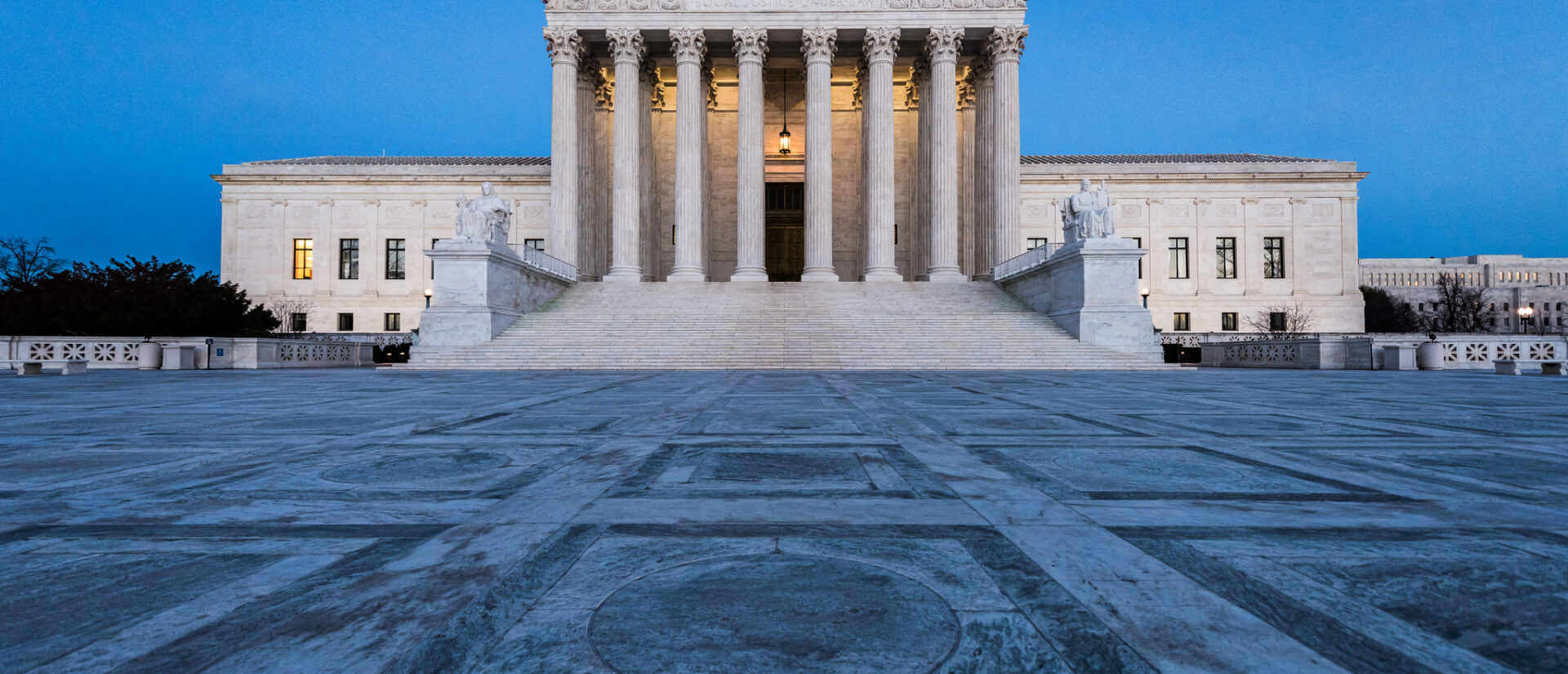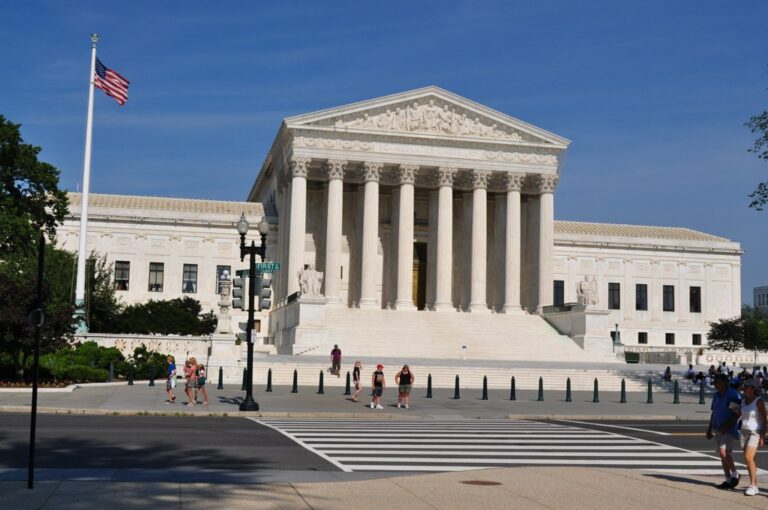
US Supreme Court rules that the World Bank Group Can Be Sued
This week, the U.S. Supreme Court handed down a historic decision in Jam et al. v. International Finance Corporation, ruling that the World Bank Group does not enjoy absolute immunity from suit in the United States. The ruling clears the way for the plaintiffs, a group of to challenge the decision of the International Finance Corporation (IFC)—the private sector lending arm of the World Bank Group—for its decision to finance the Tata Mundra coal-fired power plan in Gujarat, India, which, according to plaintiffs, harmed their livelihoods and natural resources upon which they depend. The outcome here has wider implications for other international organizations, especially international development banks, headquartered in the United States, who had previously assumed they were above the law.
Experts call on US Supreme Court to reverse decision protecting IFC’s absolute immunity
The purpose of the IFC is to alleviate poverty through investment in the private sector in developing countries. IFC has, for years, been criticised for the adverse impacts caused by its investments on people and the environment. Twenty years ago, in an attempt to address the criticism and in response to pressure from civil society, the IFC created the Compliance Advisor Ombudsman – an independent office to receive complaints from those harmed by IFC’s investments. Unfortunately, in many cases, including that of the plaintiffs here, IFC ignores the CAO’s findings and refuses to address the harm to communities.
After having failed to secure remedy through the CAO process, plaintiffs took their case to the courts, which very few people thought they would win. The Supreme Court’s decision brings them one step closer towards justice. “It’s a very significant decision. We have been fighting for many years and at last we have a small victory” said Bharat Patel, a representative of the Indian communities, to Reuters(opens in new window) .
SOMO was one of nine organizations who submitted a joint amicus brief to the U.S. Supreme Court(opens in new window) in the case. “IFC brought this on itself – first by failing to do its due diligence on the project and then by ignoring its own independent accountability mechanism. The World Bank Group has an opportunity now, through reviews underway, to strengthen its independent accountability mechanisms and ensure that the process delivers remedy to those harmed, thereby preventing the need for future lawsuits,” says Kris Genovese, senior researcher at SOMO.
The central question in this case was whether the International Organizations Immunities Act of 1945 should be interpreted to provide international organizations, like IFC, the same immunity that foreign governments have today. Under U.S. law, foreign governments can be sued in limited circumstances, including when engaging in commercial activities. In a 7 to 1 decision, the Supreme Court decided international organizations and foreign governments should be treated equally. The case is far from over, though. It will return to the lower courts for further arguments, including whether IFC’s operations can be considered commercial activity.
Partners
Related content
-
 Experts call on US Supreme Court to reverse decision protecting IFC’s absolute immunityPosted in category:NewsPublished on:
Experts call on US Supreme Court to reverse decision protecting IFC’s absolute immunityPosted in category:NewsPublished on: -
 Dutch State accused of failing to prevent genocidePosted in category:Case
Dutch State accused of failing to prevent genocidePosted in category:Case Lydia de LeeuwPublished on:
Lydia de LeeuwPublished on: -

